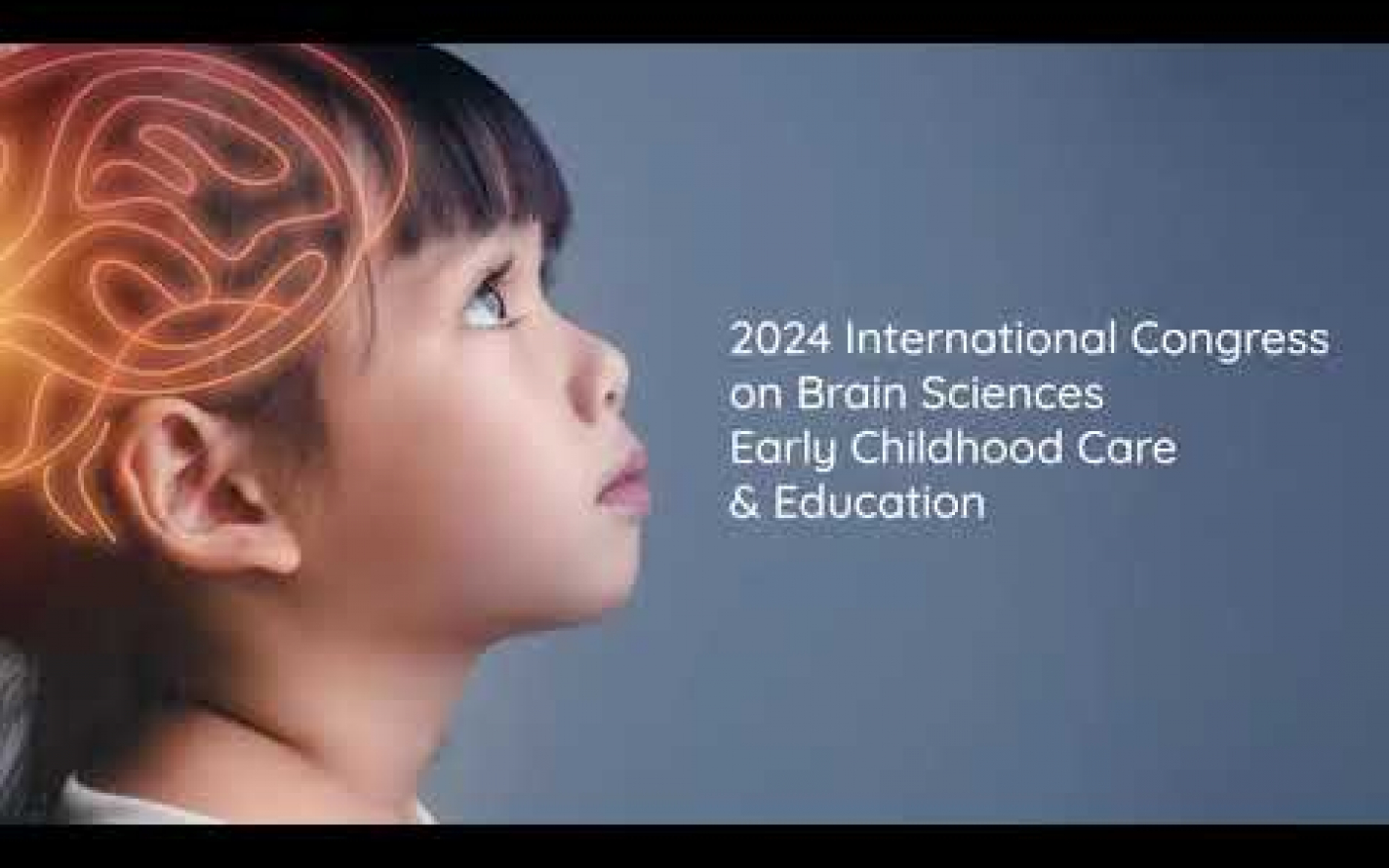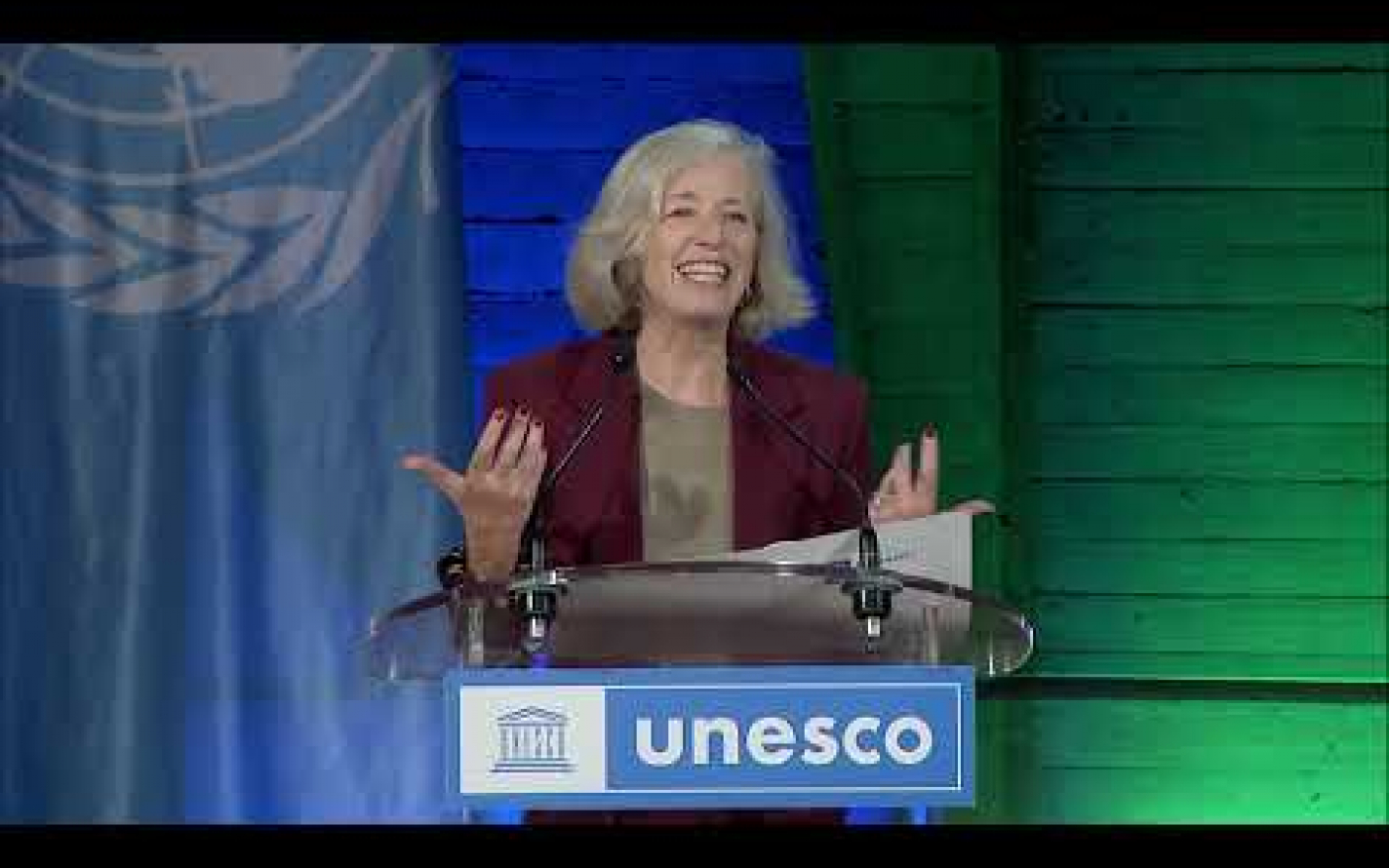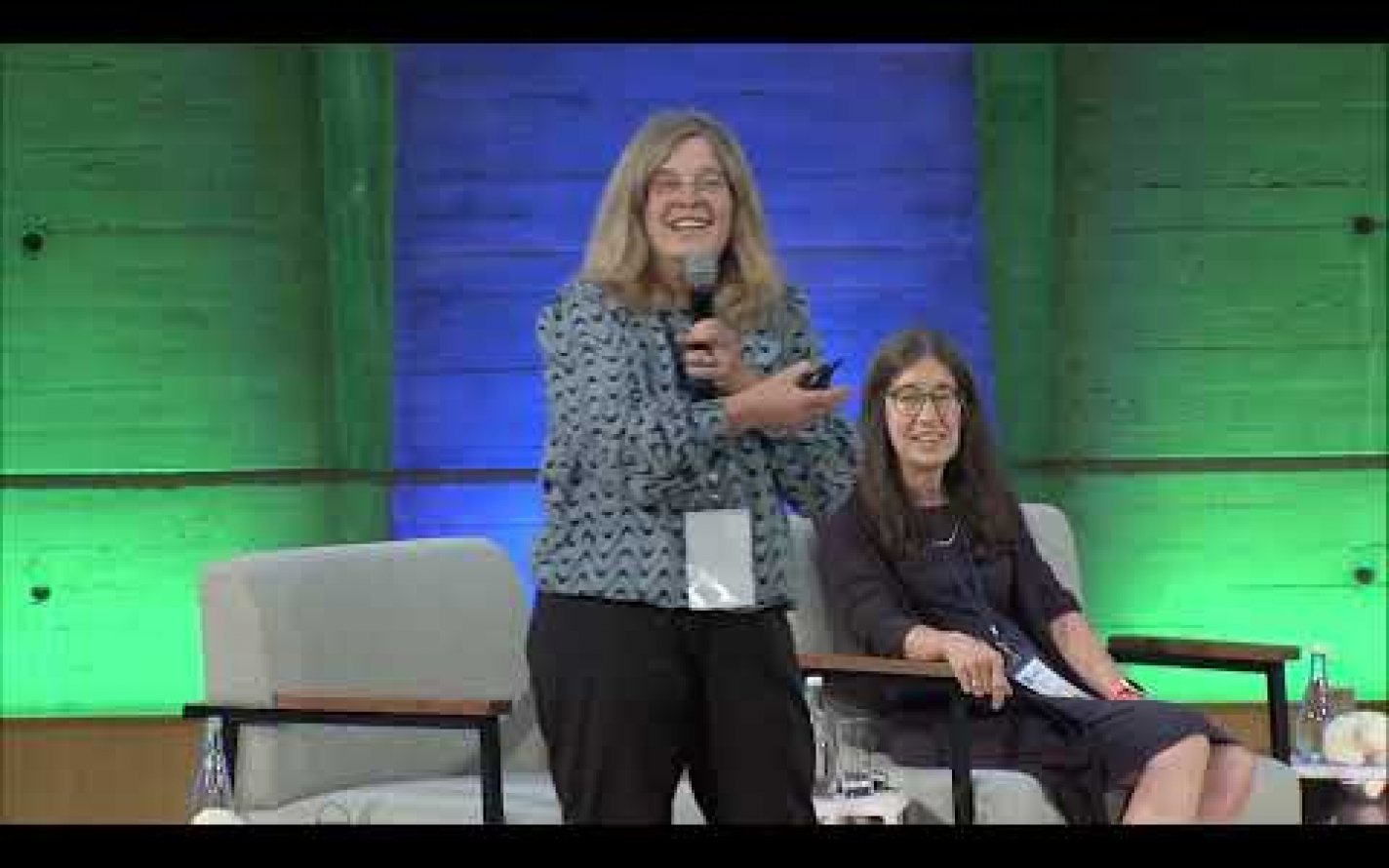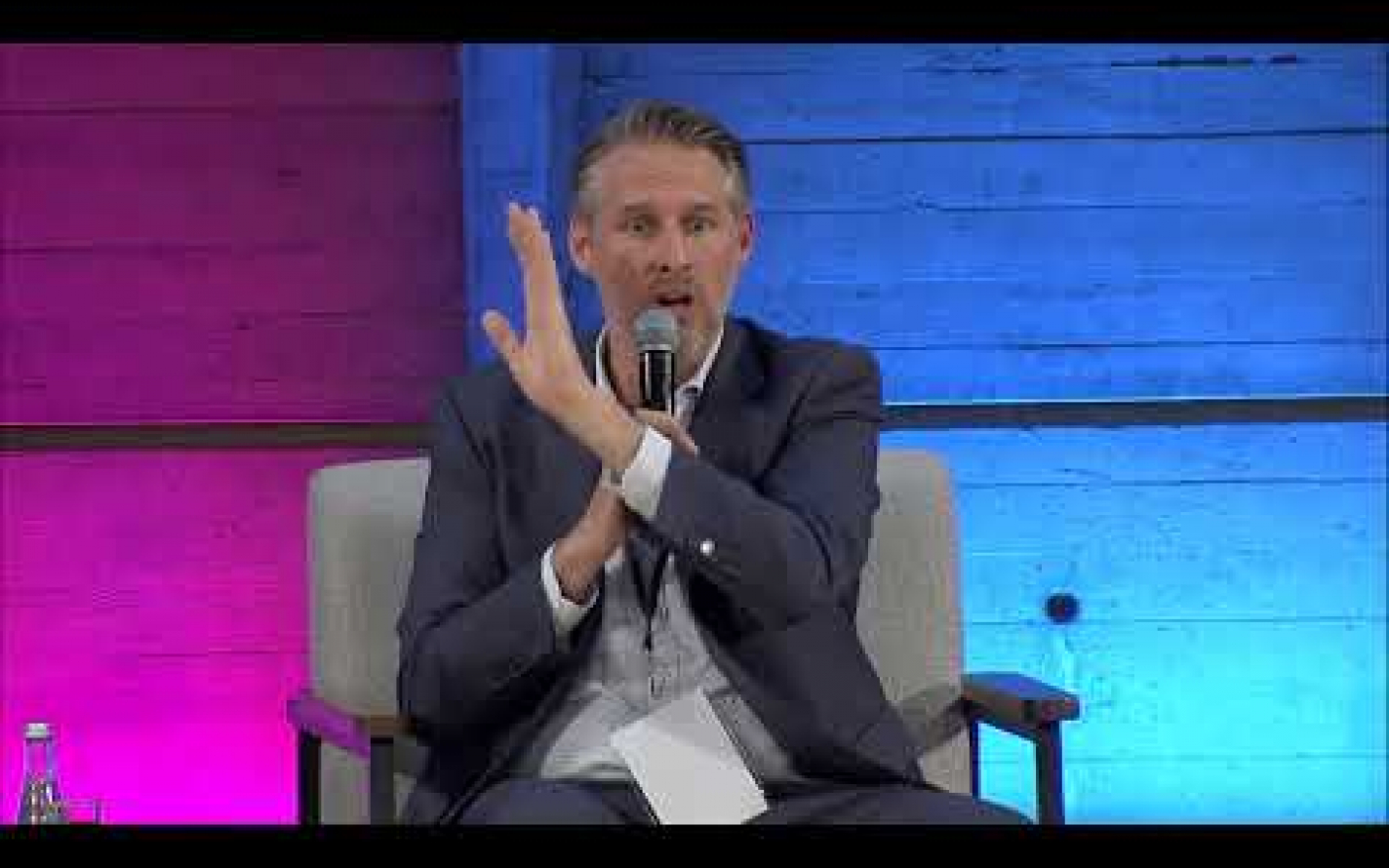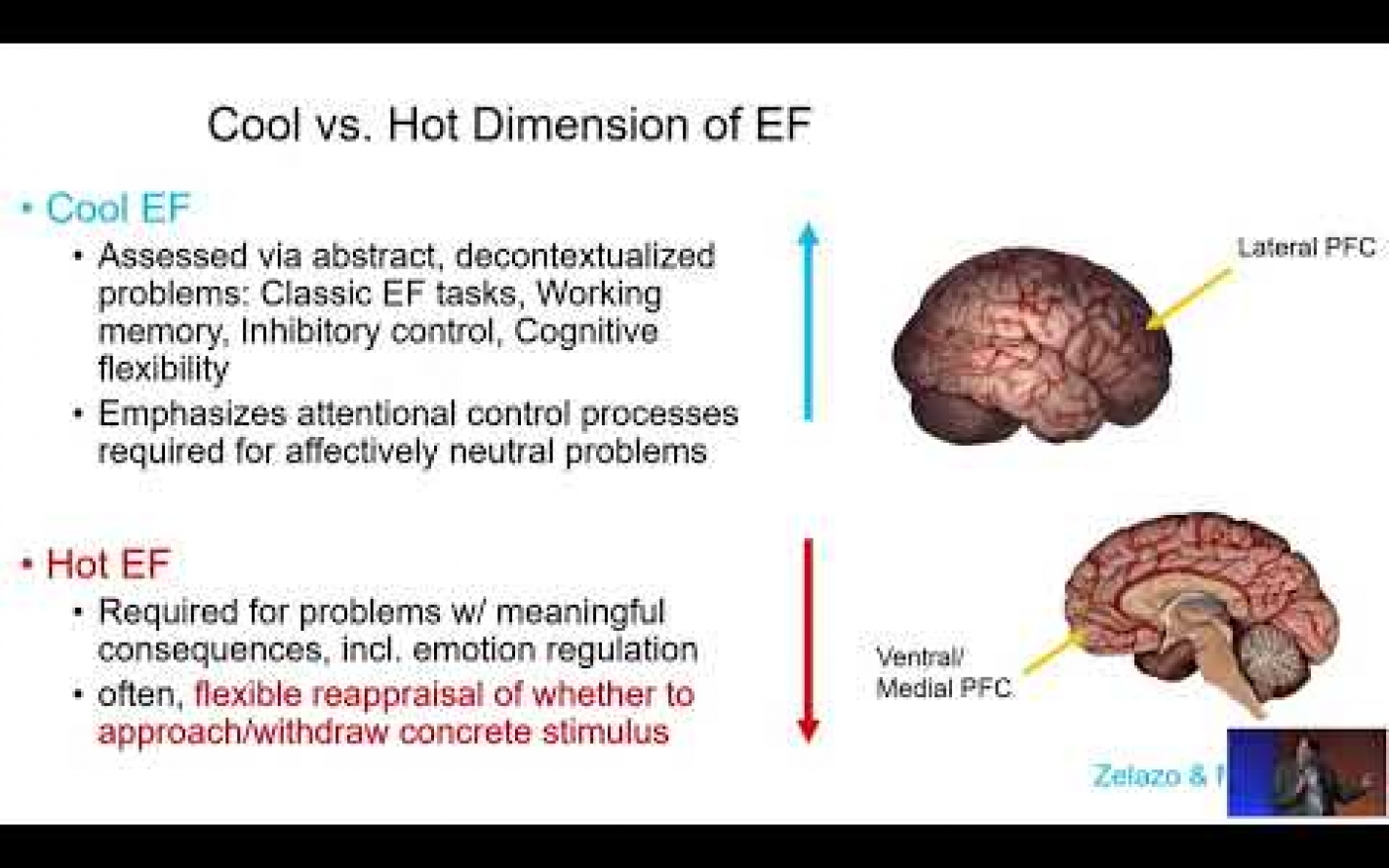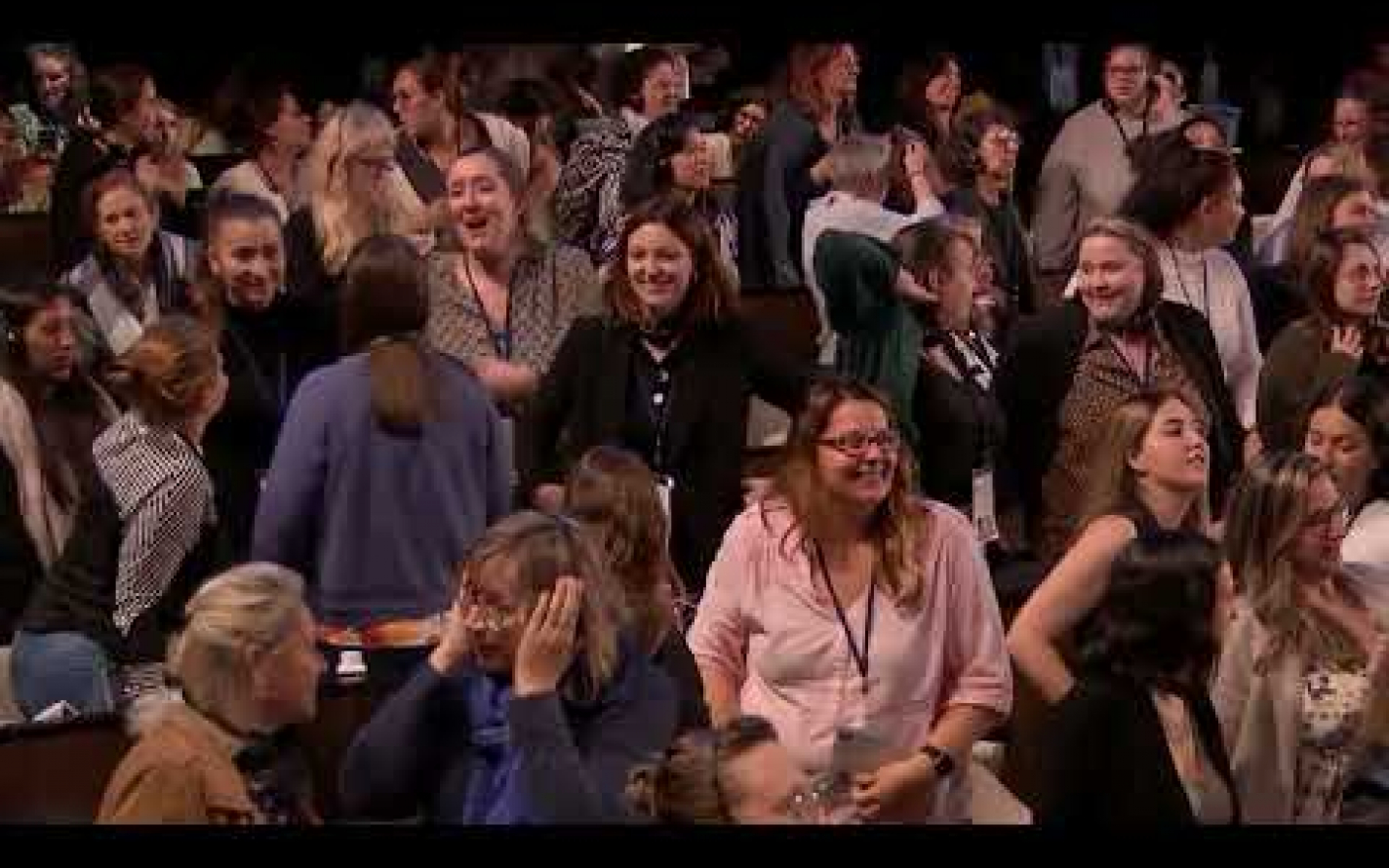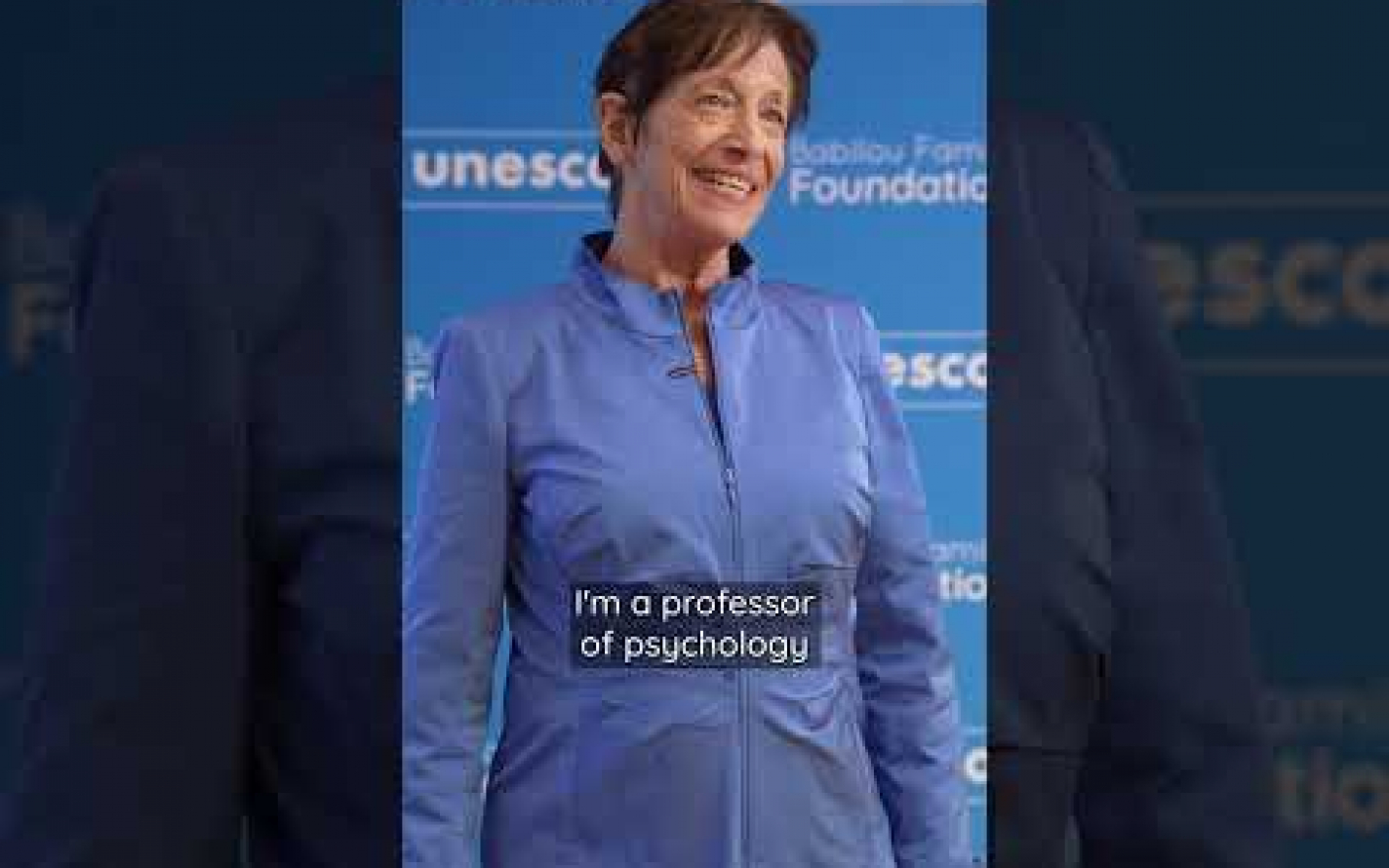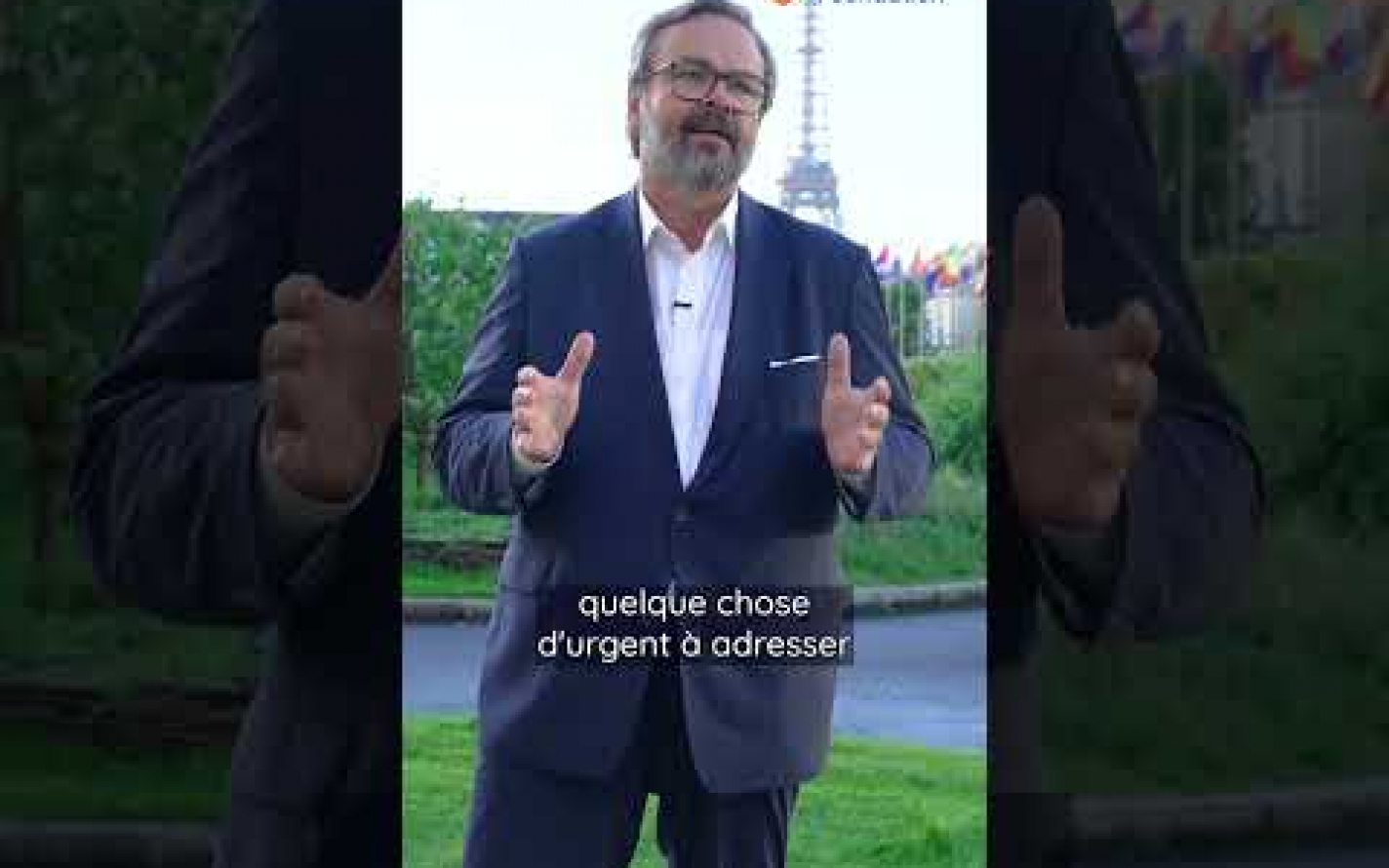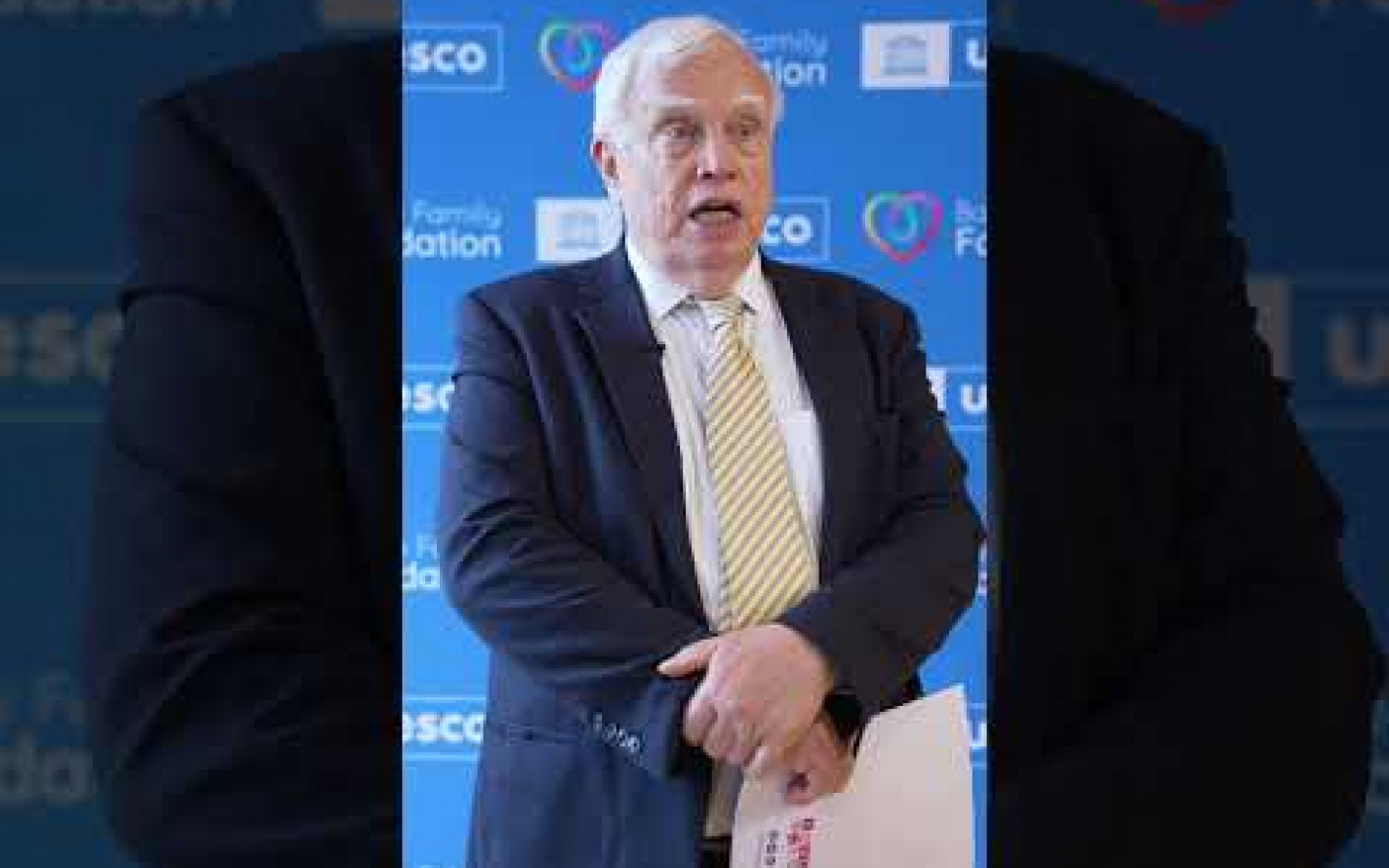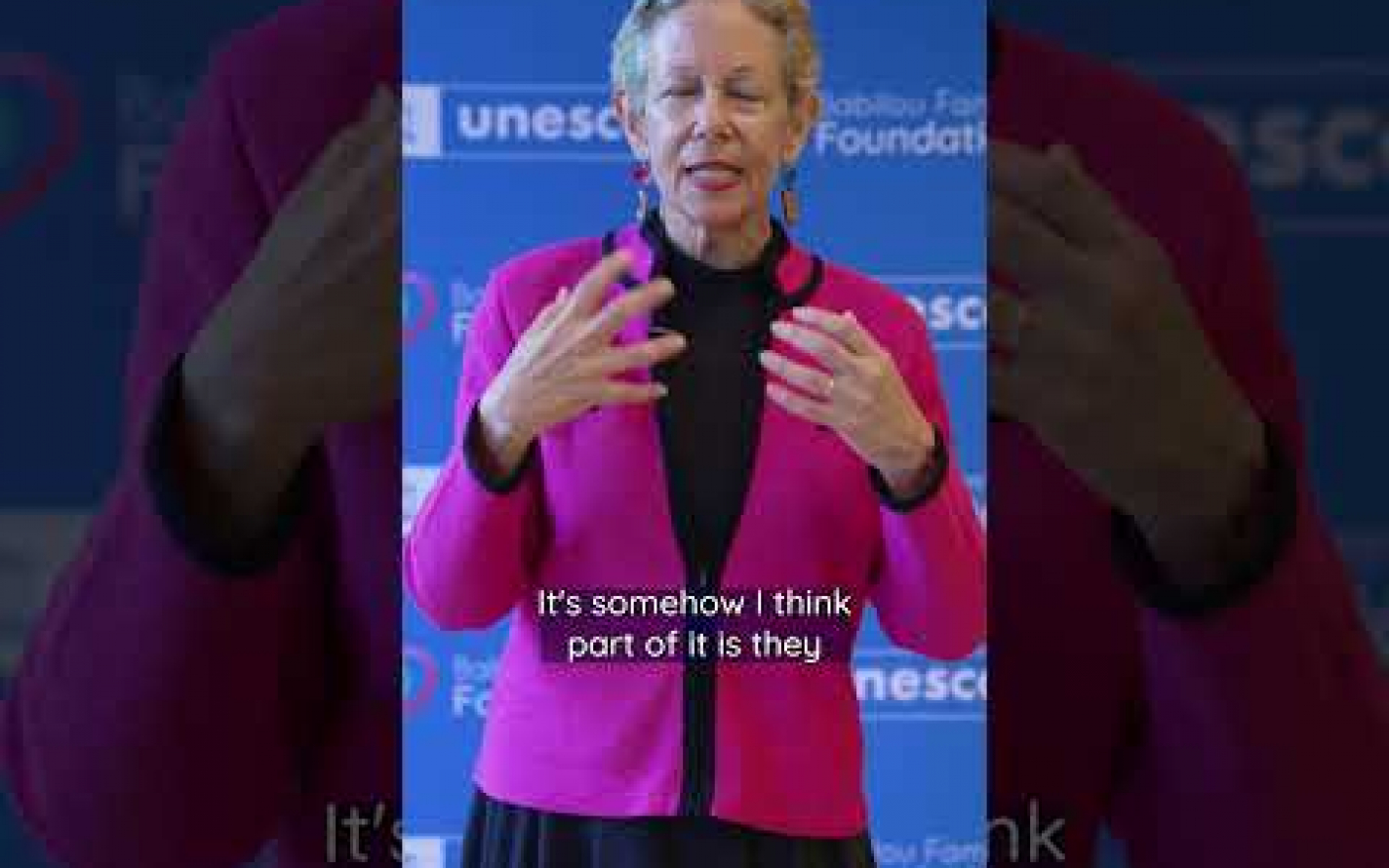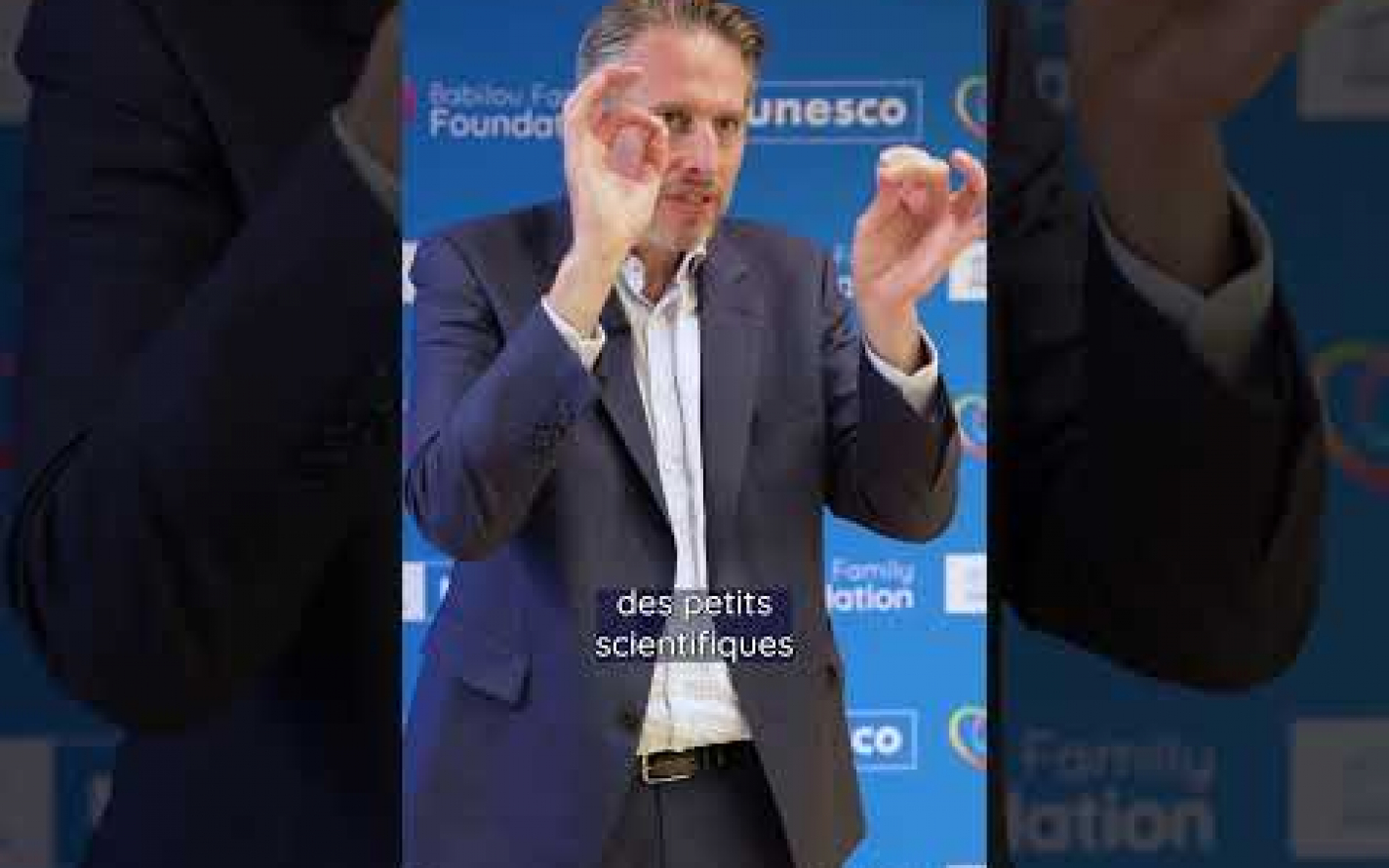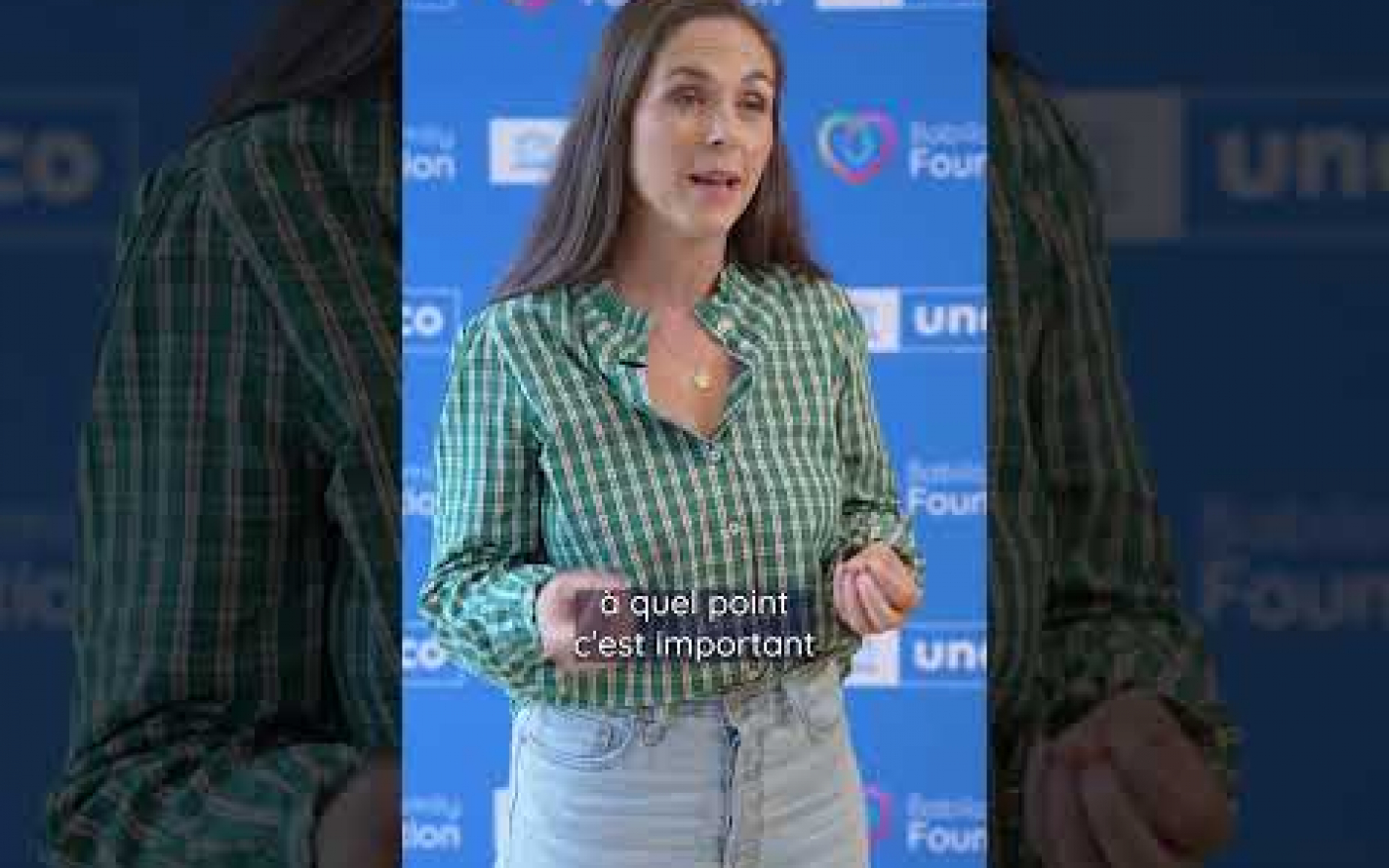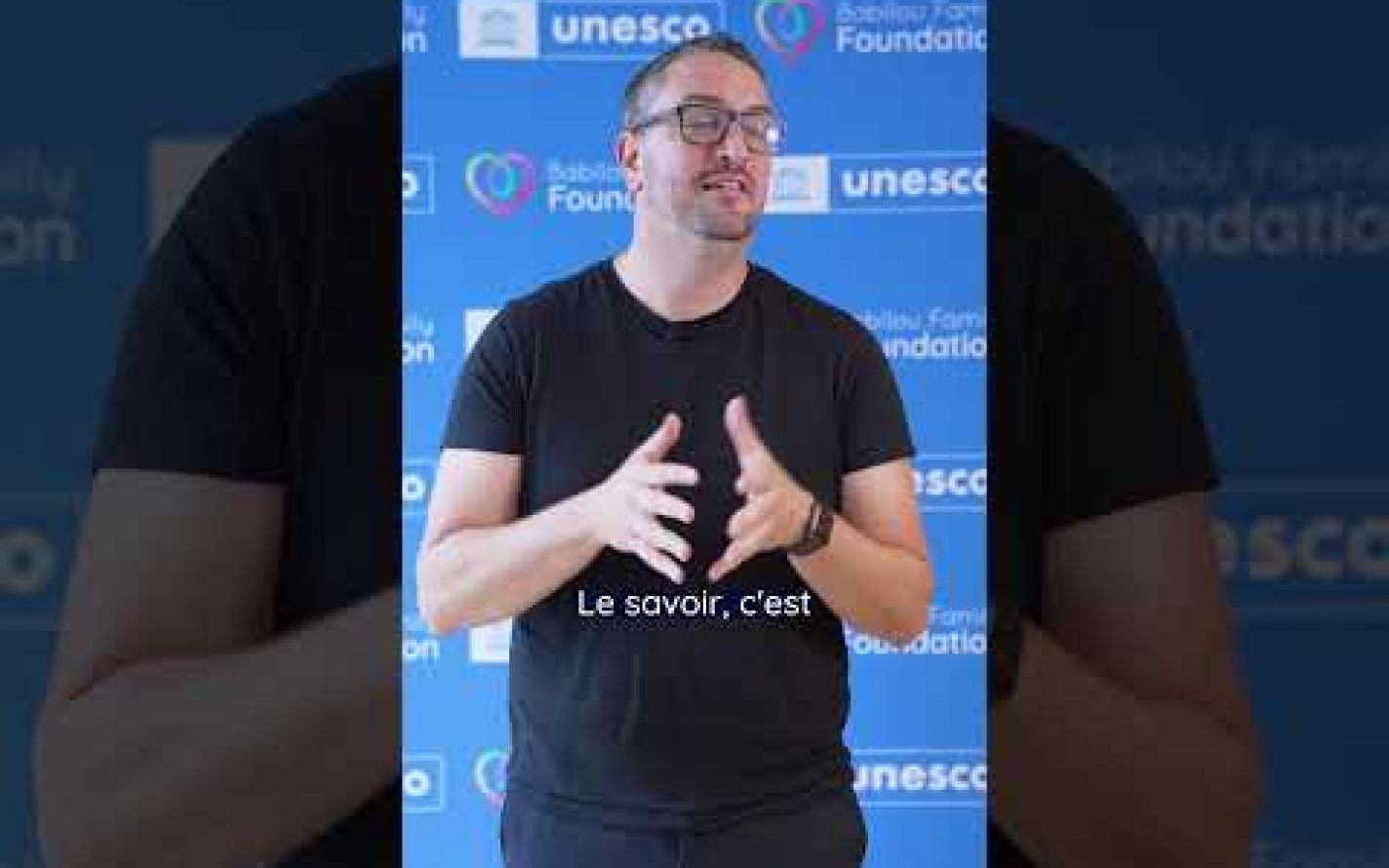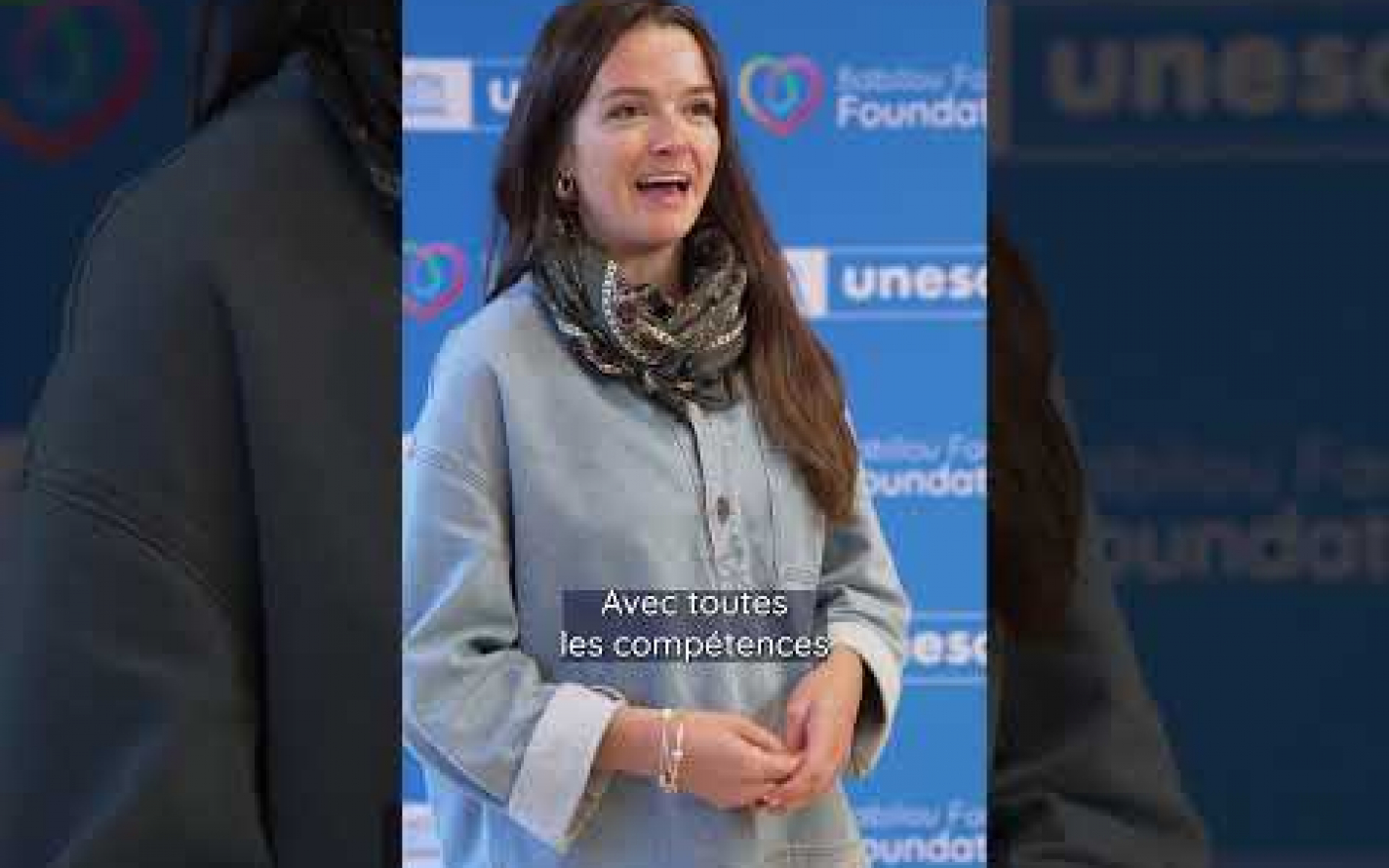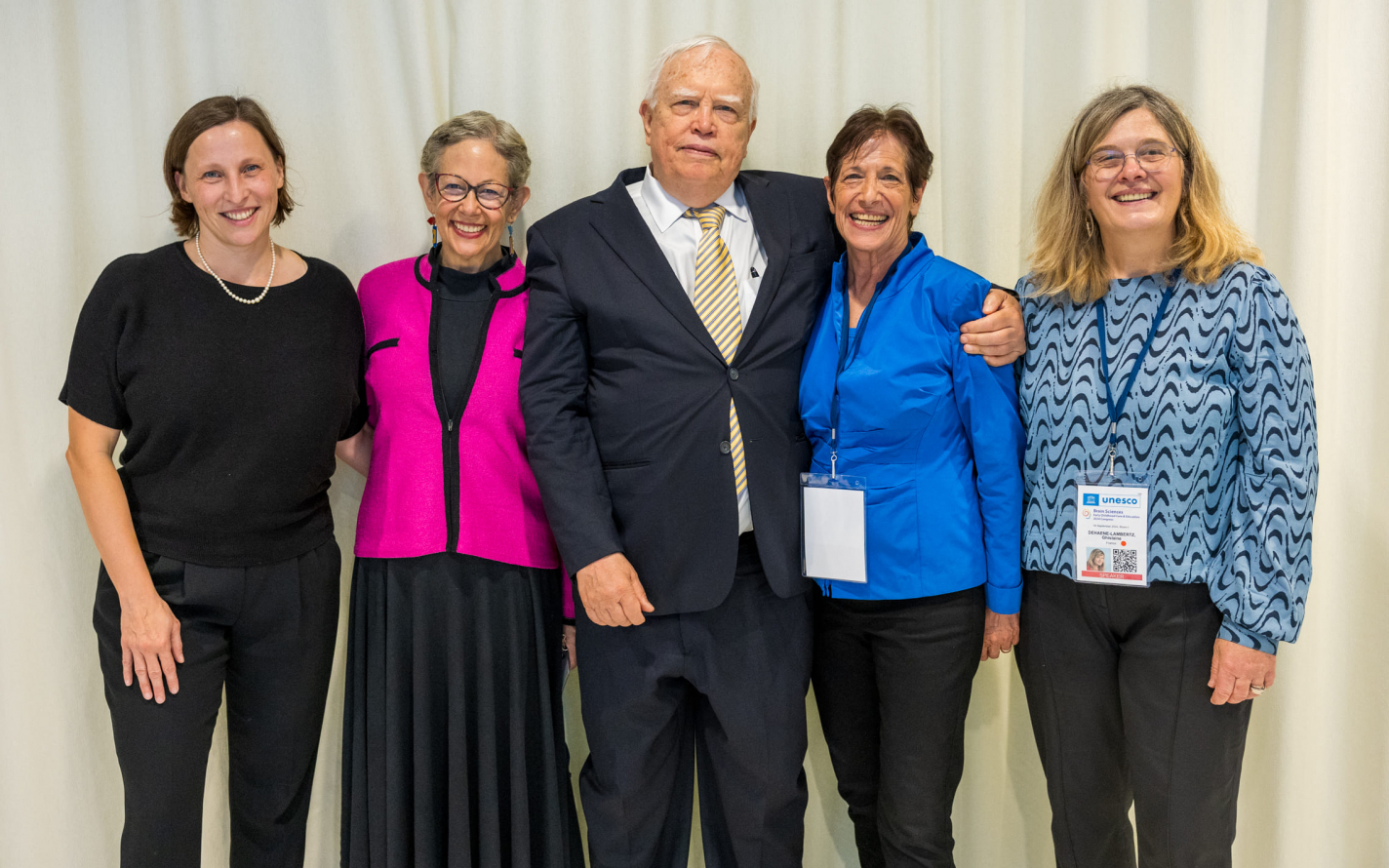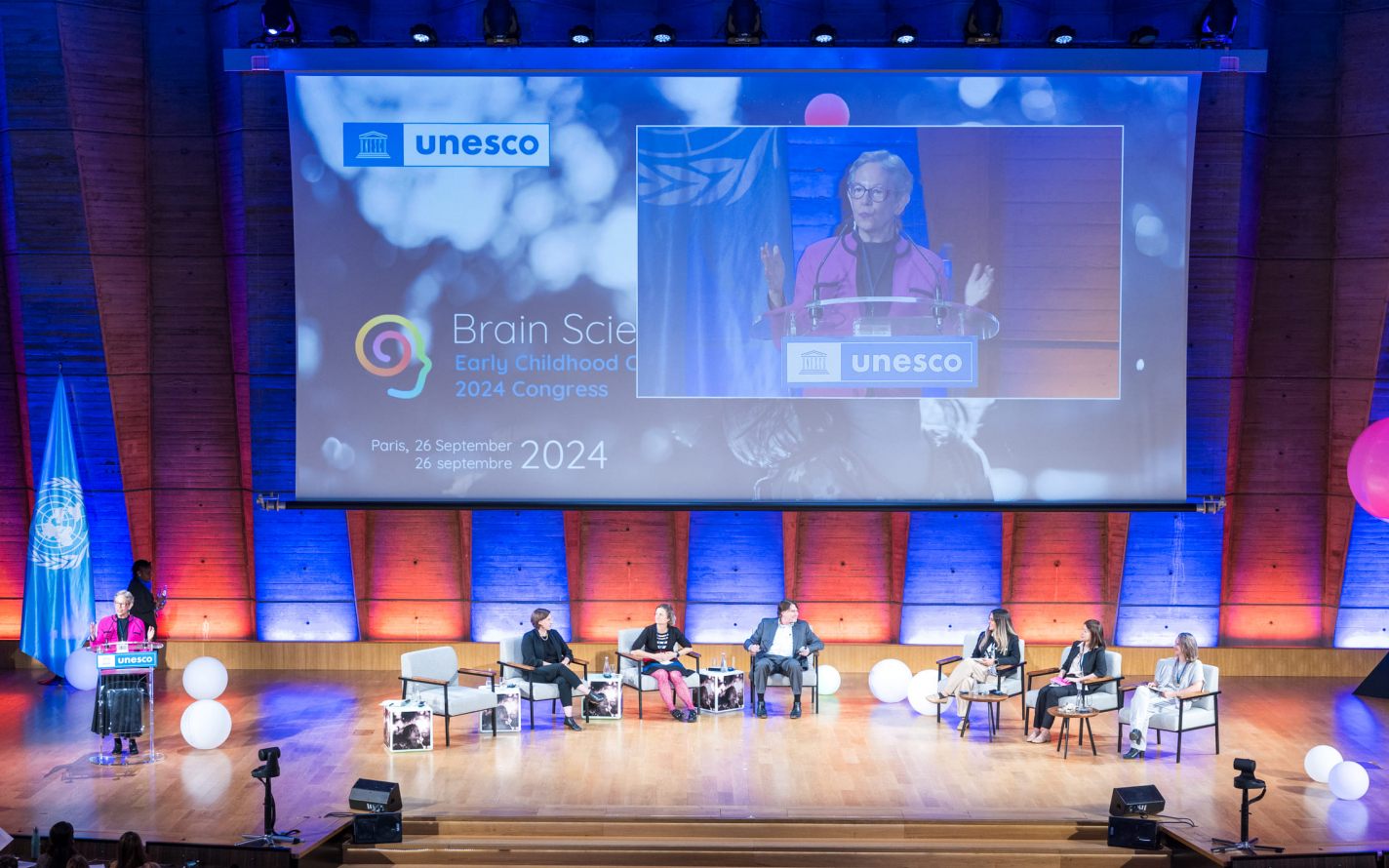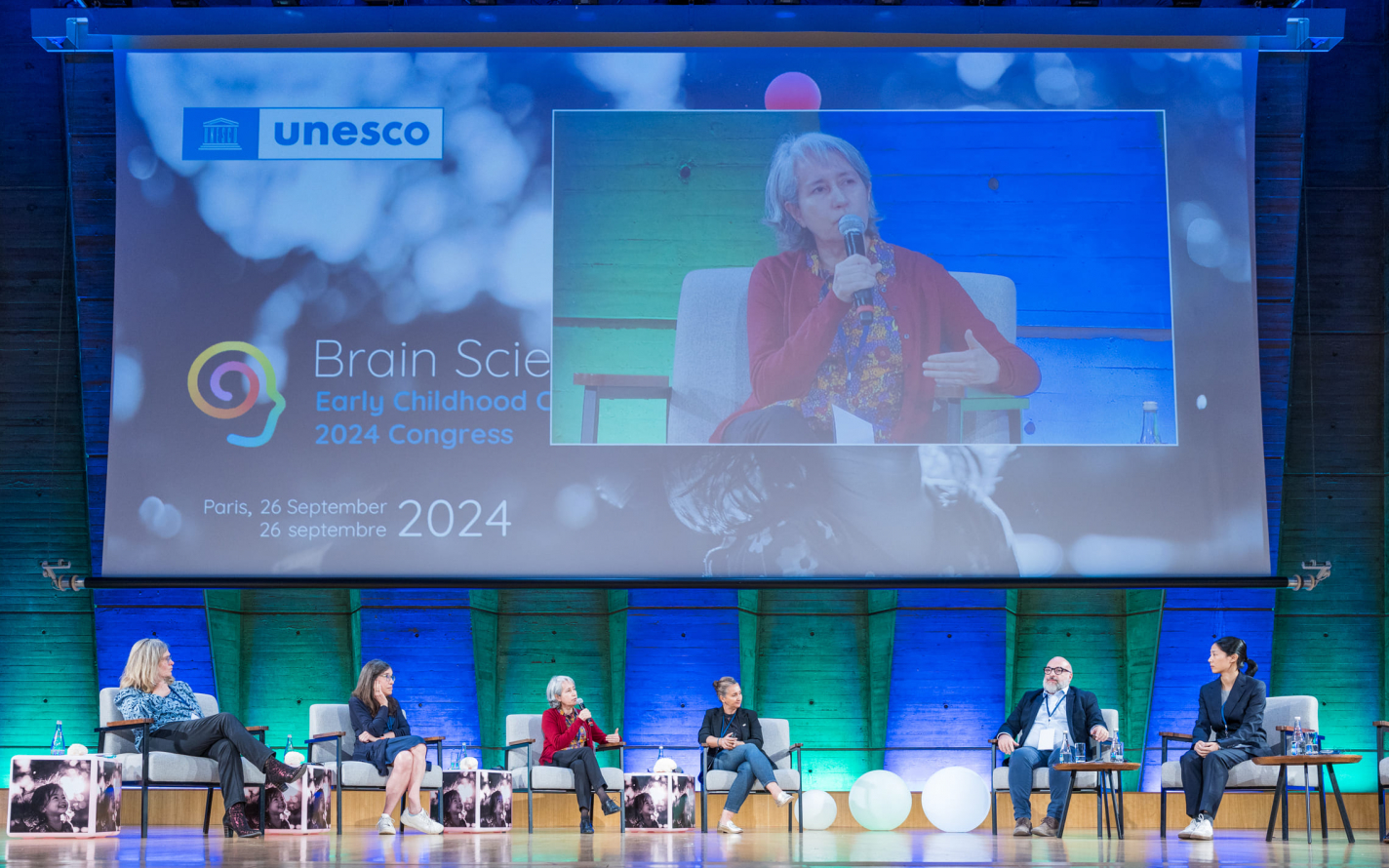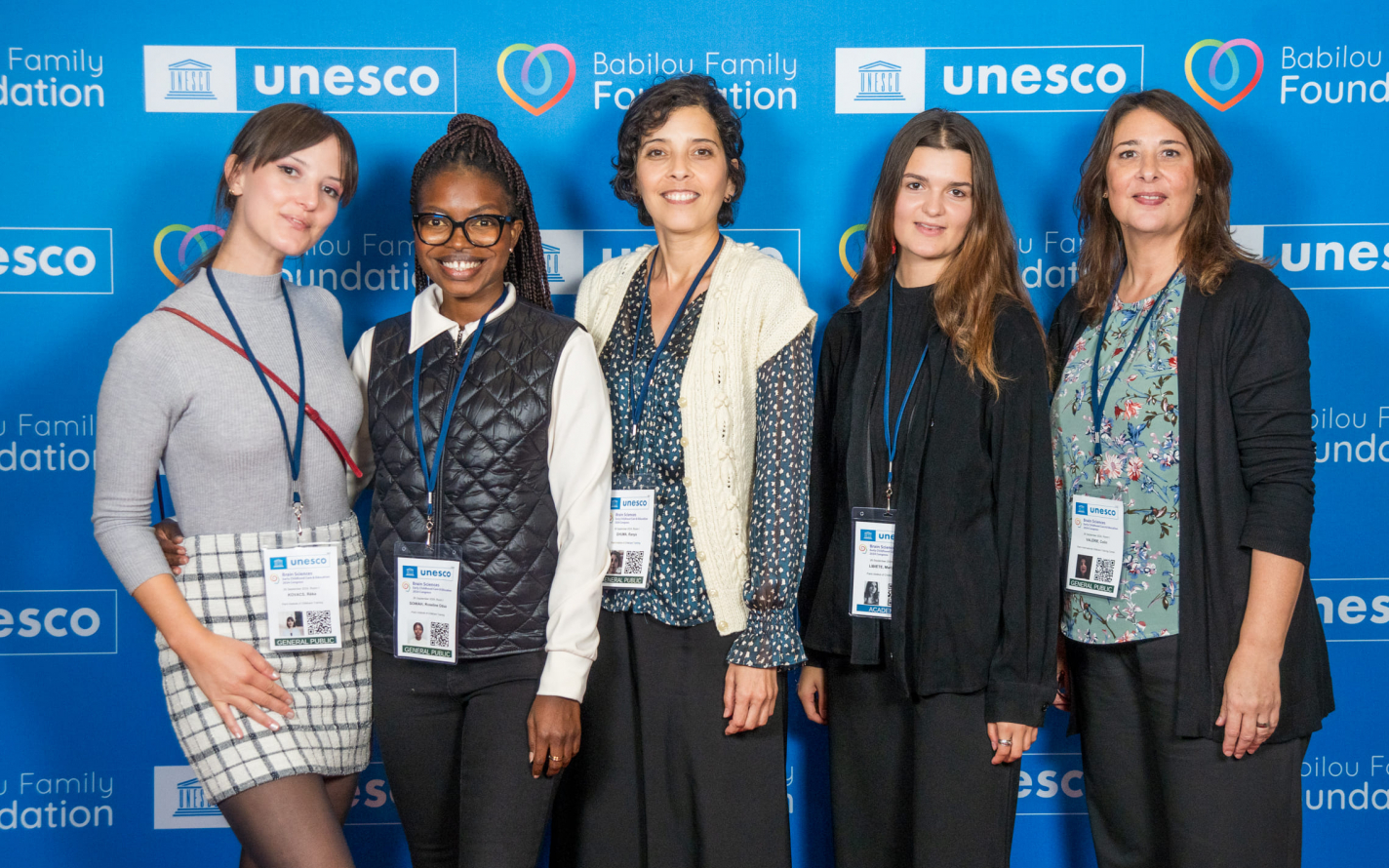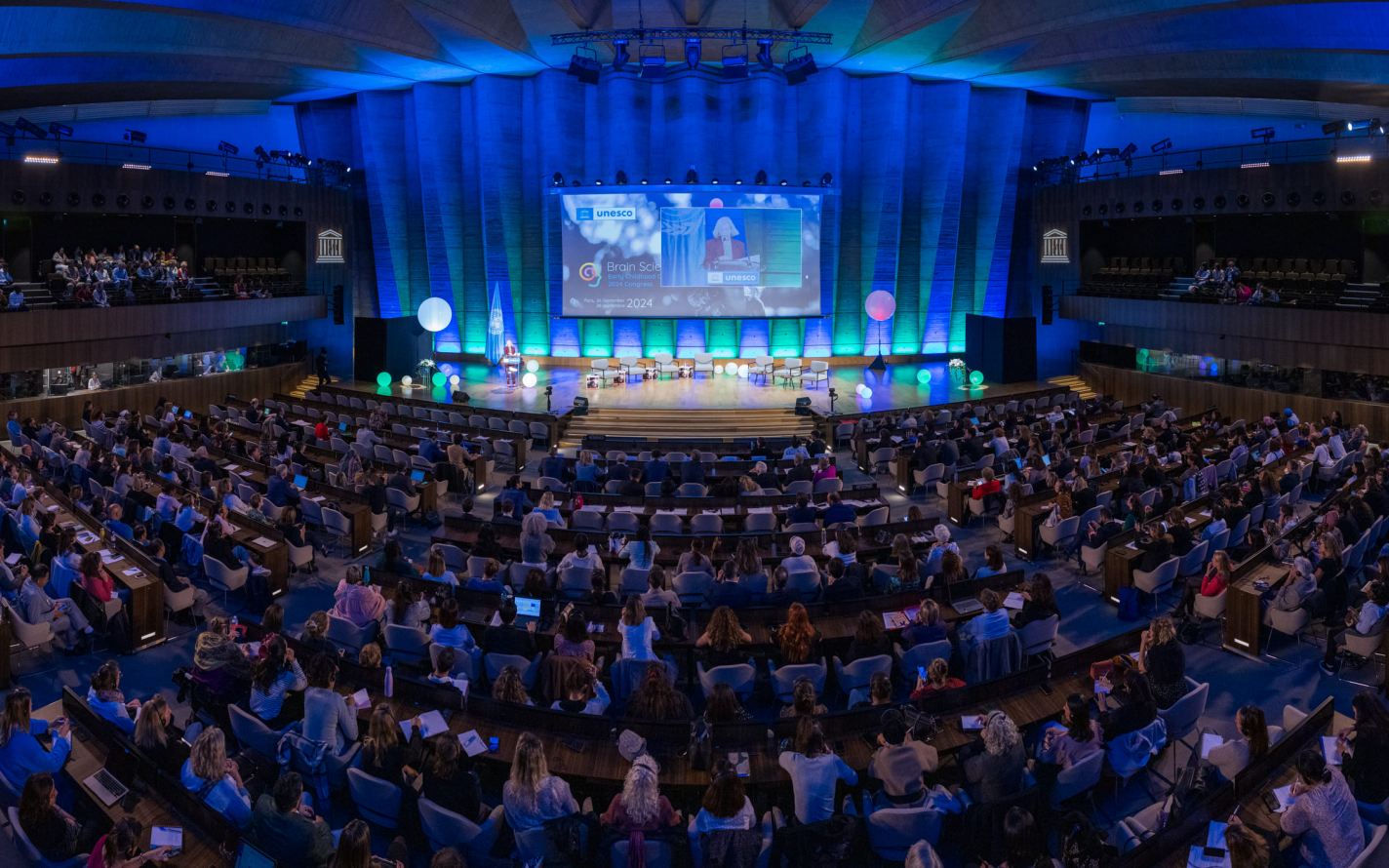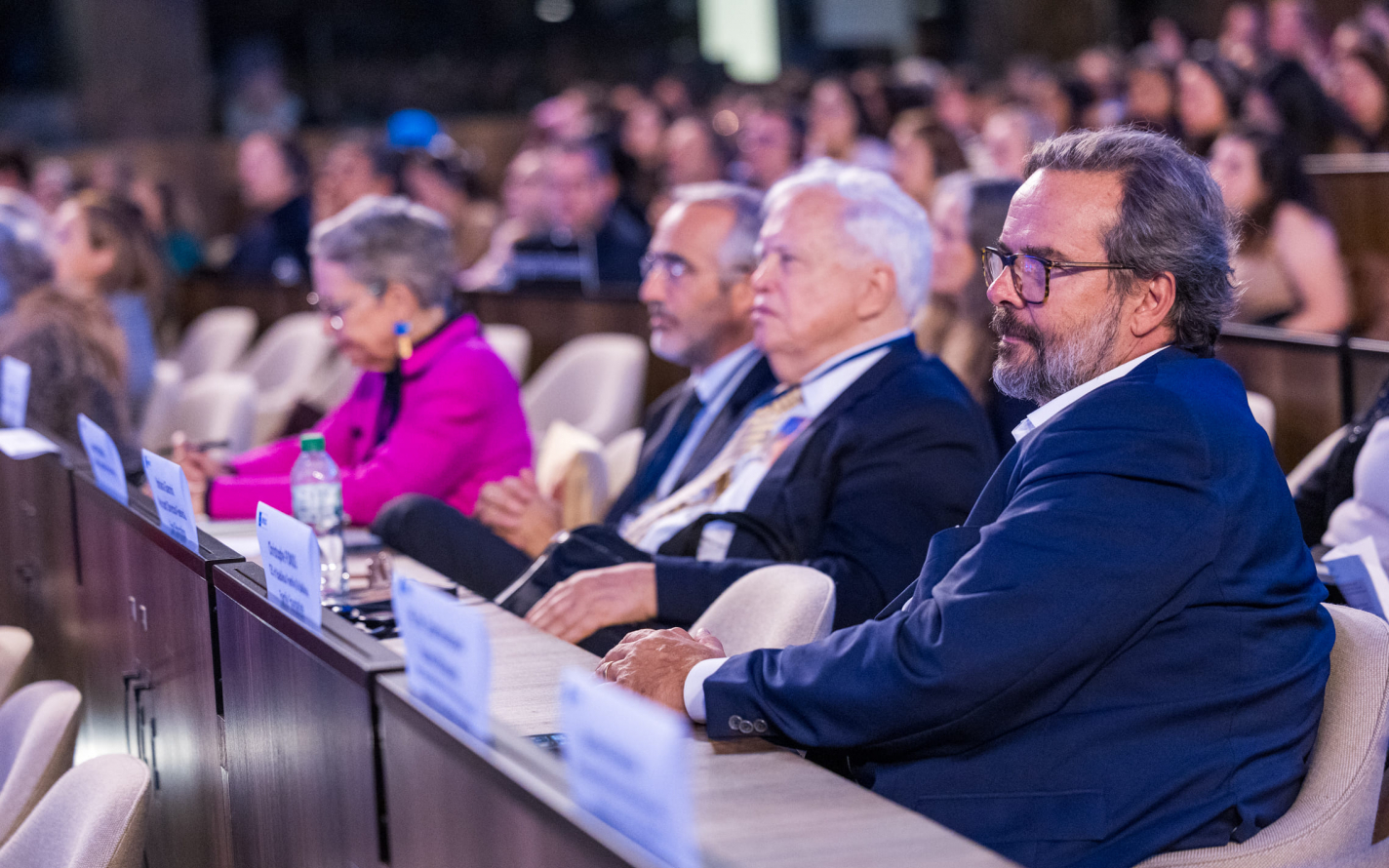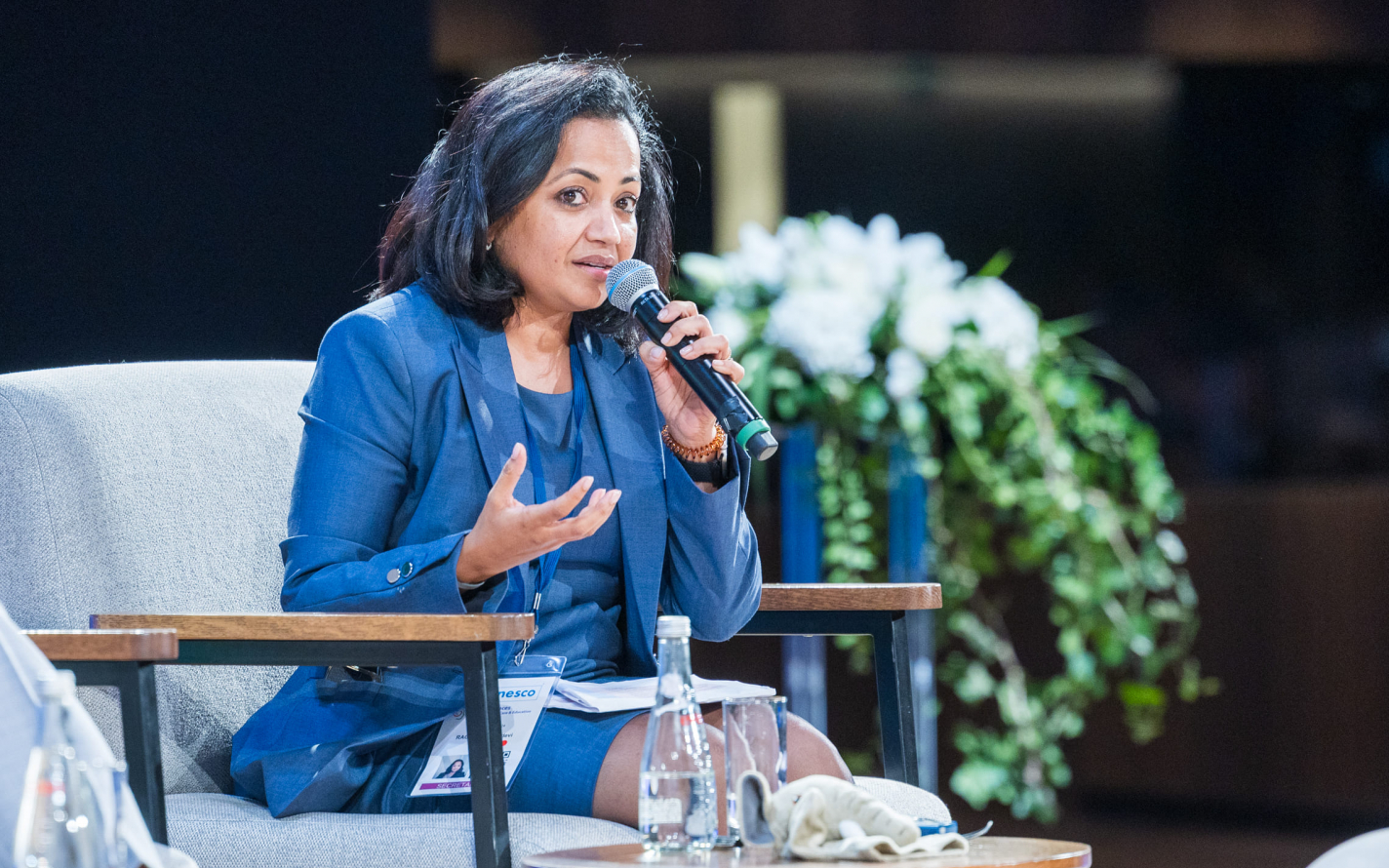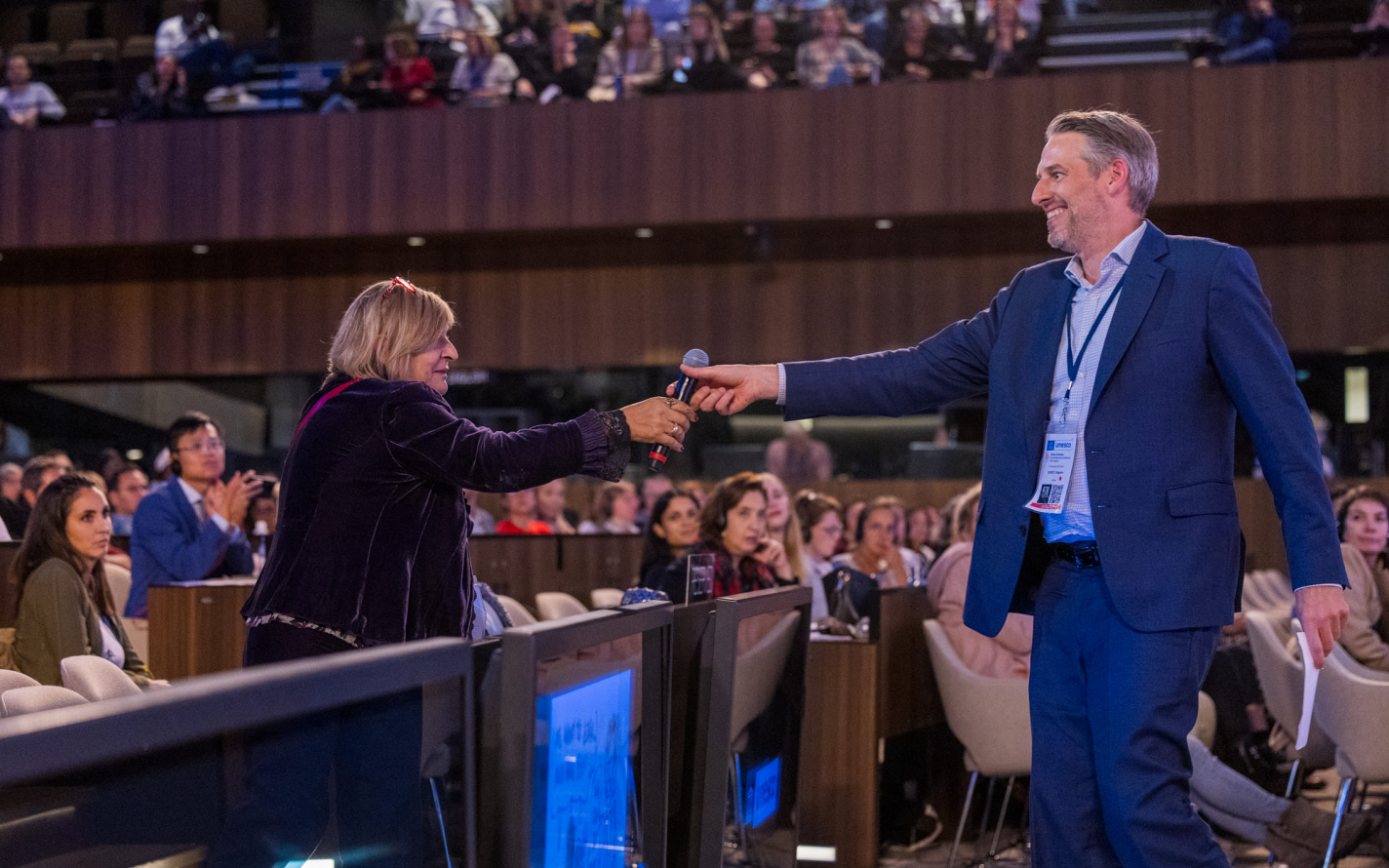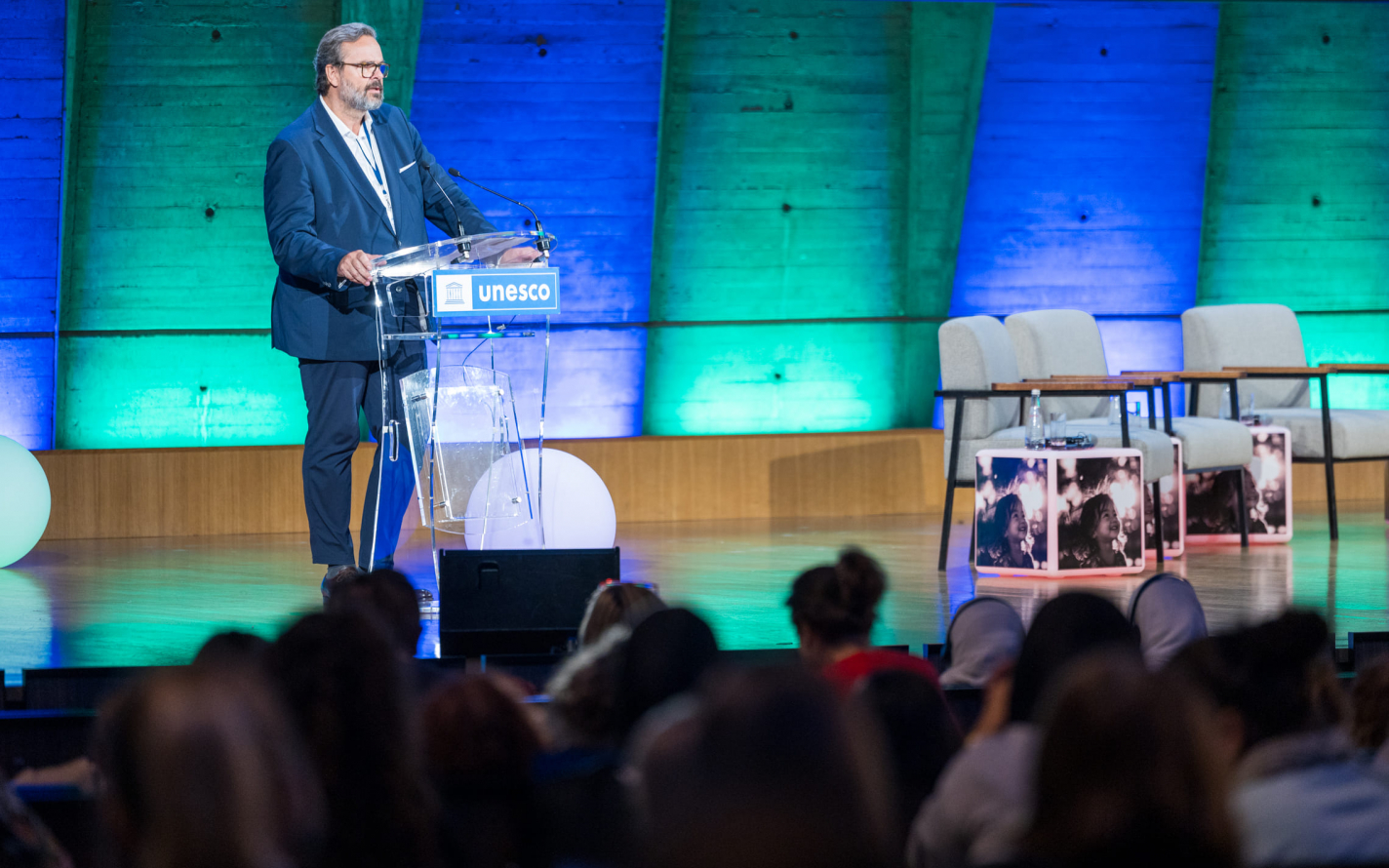Transforming Early Childhood Care and Education through Neuroscience
UNESCO and the Babilou Family Fondation have hosted two editions of the International Congress on Brain Science; one in Marseille in 2022 and the last one in Paris, UNESCO HQ in 2024 .
This is a wonderful opportunity to present research findings on early childhood development and learning, and to encourage dialogue between resarchers, education policymakers and practioners on the practical implication of the research.
Purpose and Concept
-
1,400 attendees in person
-
30 International speakers
-
3 Round tables
-
1 Plenary Session
Neuroscience is key in determining the necessary conditions for toddlers' development and fulfilment. It also plays a major role in the way the first 1,000 days of a child's life are apprehended. In order to take advantage of all the work in the field and to bring together the world of research and stakeholders, the Congress of brain science and Early Childhood Care and Education gathered renowned international neuroscientists alongside public and private players, field professionals, and experts, all of whom committed to spearheading a genuine educational revolution from early childhood onwards.
Babilou Family is convinced that the development of sustainable and responsible ecosystems requires close collaboration between public institutions and private actors.
Babilou Family is presented in 10 countries around the world and is proud to commit to UNESCO and its partners for the sustainable education of future generations.
